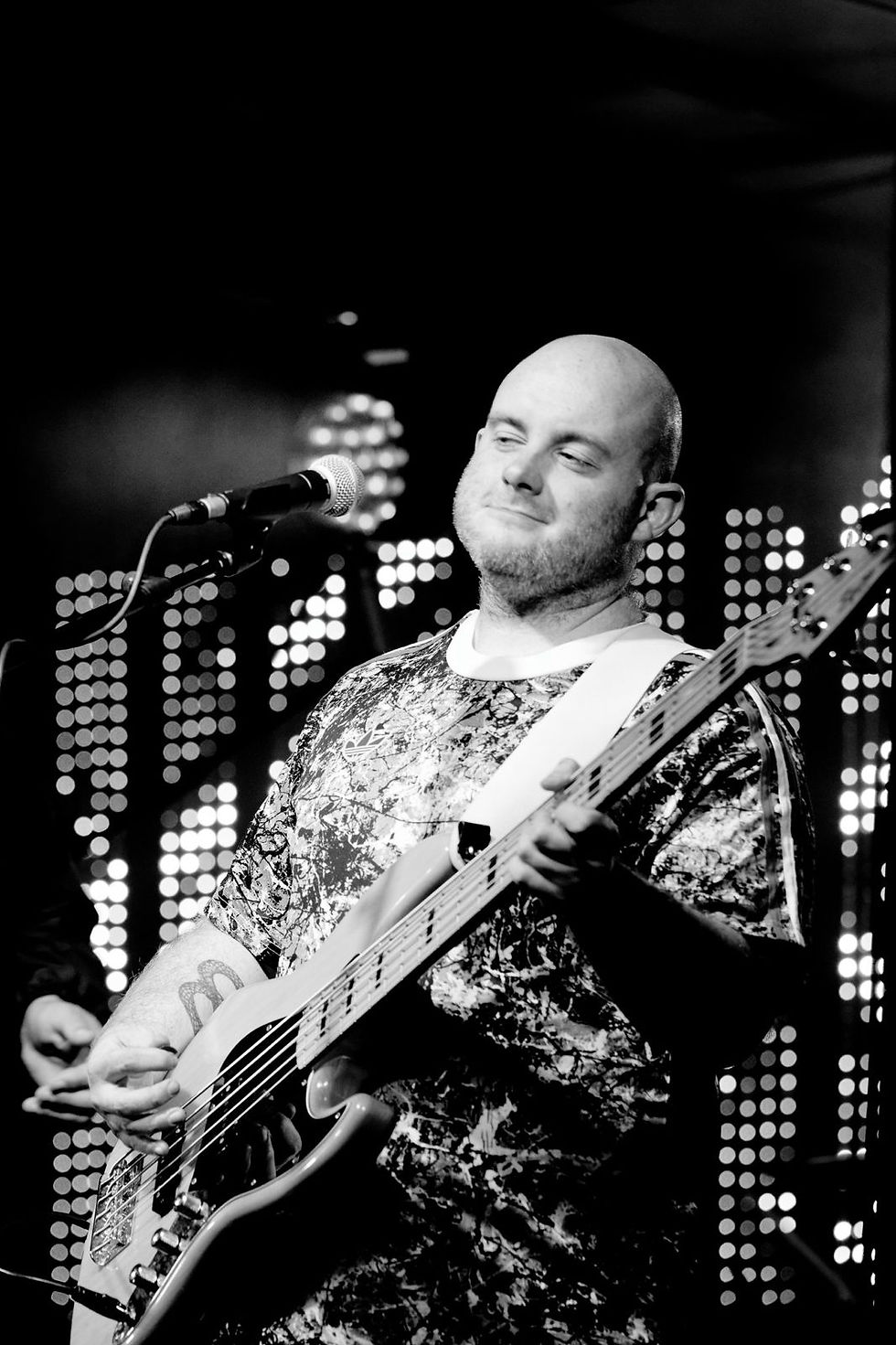Is 30 minutes a week GOOD ENOUGH?
- stevenswiftmusic
- Jul 1
- 2 min read
As a music teacher with years of experience working with busy students of all ages, I've heard the same concern countless times: "I don't have enough time to learn an instrument."
While it's true that musical mastery requires dedication, you might be surprised by how much progress you can make with just 30 minutes of focused practice each week.
Let me show you how to make those minutes count!
The Myth of "Not Enough Time"
Many people believe that without hours of daily practice, learning an instrument is impossible. This simply isn't true!
While professional musicians certainly put in those hours, beginners can make meaningful progress with consistent, focused mini-sessions.
Quality Over Quantity
The secret lies in how you practice, not just how long.
Here's how to maximise those 30 minutes:
Break it down: Split your 30 minutes into 3-4 short sessions across the week. Ten minutes of focused practice three times a week is more effective than a single half-hour session.
Set micro-goals: Each session should have a specific, achievable objective. Maybe it's mastering two measures of a piece, perfecting a specific chord transition, or working on a particular technique.
Eliminate distractions: Make those minutes count by putting your phone away and finding a quiet space.
The Power of Deliberate Practice
Even with limited time, deliberate practice yields results:
Focus on trouble spots: Rather than playing through an entire piece repeatedly, identify the challenging sections and work specifically on those.
Slow practice: Playing slowly and accurately builds muscle memory more effectively than rushing.
Record yourself: Use your phone to record short snippets of your playing to evaluate your progress.
Building a Sustainable Routine
Consistency is key for short-practice students:
Keep your instrument visible and accessible
Link practice to existing habits (practice right after brushing your teeth, for example)
Use a practice journal to track your micro-goals and achievements
What You Can Achieve in a Year of 30-Minute Weeks
With consistent mini-practices, my students have achieved:
Learning 8-12 simple songs
Developing proper technique fundamentals
Building music reading skills
Experiencing the joy of making music
Remember: Progress, Not Perfection
The most important thing to remember is that musical growth isn't linear. Some weeks will feel more productive than others, and that's perfectly normal. What matters is showing up consistently for your instrument, even if it's just for a few minutes at a time.
Learning music isn't a race—it's a lifelong journey. Those 30 minutes a week add up to 26 hours of practice over a year. That's significant time spent developing a skill that brings joy, reduces stress, and enriches your life.
What instrument have you been wanting to learn? With just 30 minutes a week, you could be playing your favourite simple songs by this time next year!



Comentarios